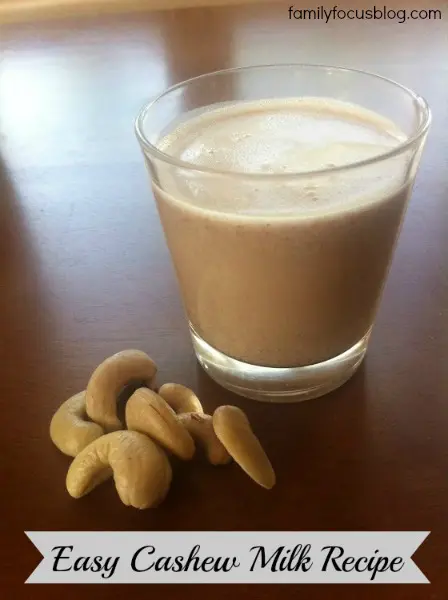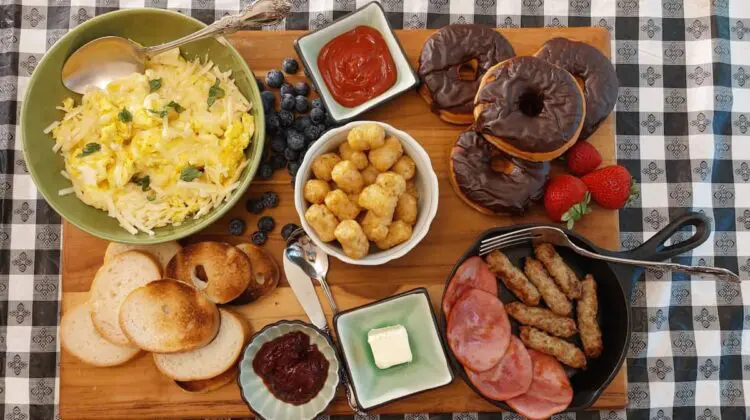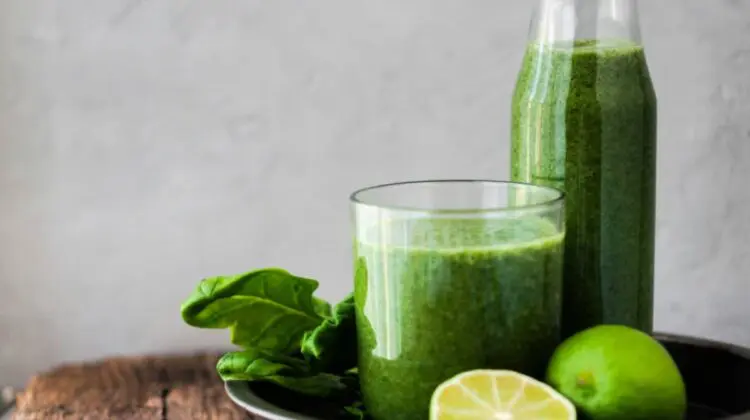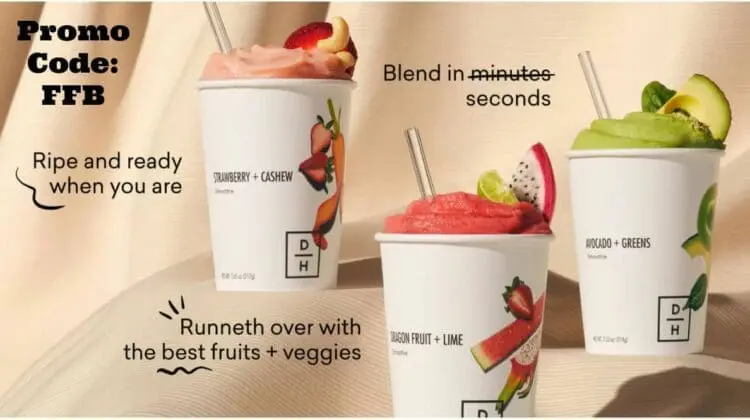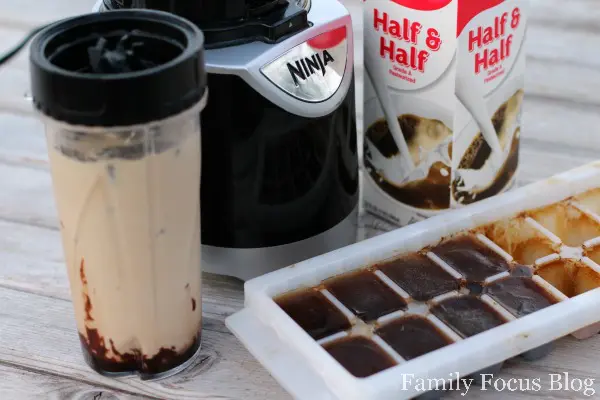If you’ve ever browsed the natural or organic section of the grocery store, you’ve most likely noticed shelves lined with boxes of non-dairy milk. Soy, rice, hemp, cashew and various nut milks serve as alternatives to cow’s milk, and are rich in vitamins, minerals, and antioxidants. Whether you are lactose intolerant, have issues digesting dairy, […]
beverages
A Complete Fathers Day Breakfast Spread
Father’s Day is the perfect time to let your husband, dad, or maybe even your grandad know how much you appreciate having them in your life. It’s been said many times that the way to man’s heart is through his stomach. So, what better way to show Dad how much you care than a Father’s […]
Casabrews Espresso Machine With Grinder: Review
I married an Italian and he takes his morning caffeine very seriously. Not just any old coffee will do. In fact, not just any espresso will do. Luckily, I worked as a barista at Starbucks so I can brew up pretty much any coffee or espresso drink you would like. Good coffee-based drinks starts with […]
Easy Green Smoothie Recipes – Great For St. Patrick’s Day!
Green smoothie recipes are a fun and healthy way to start your day. Green smoothies are chock full of calcium, iron, fiber and essential vitamins so they make a healthy addition to your diet any day of the week. These three easy green smoothie recipes will also be a fun, edible treat to make with […]
Coconut Cream Coffee Frappe Recipe
I love to start my day with coffee and some days, I also enjoy a mid afternoon coffee pick me up. To me, this cold coffee drink is such an appealing treat rather than a regular hot coffee. This Coconut Cream Coffee Frappe Recipe is something you can make at home for a fraction of […]
Get Fit and Lose Weight with Daily Harvest Smoothies
I try to always eat healthy meals. Sure I have a sweet tooth but besides that I actually love healthy meals. I think everything tastes better when it is made from fresh, whole food ingredients. This has always helped me keep my weight in check naturally. However, when I have had a few extra pounds […]
Delicious Homemade Mocha Frappe Recipe
I am a coffee drinker. It really doesn’t matter if it’s cold outside or 90 degrees and humid like it has been the last week, I have a pot of coffee on all the time. I got this from my mother. No matter what time of day it is, if you stop by her house, […]

